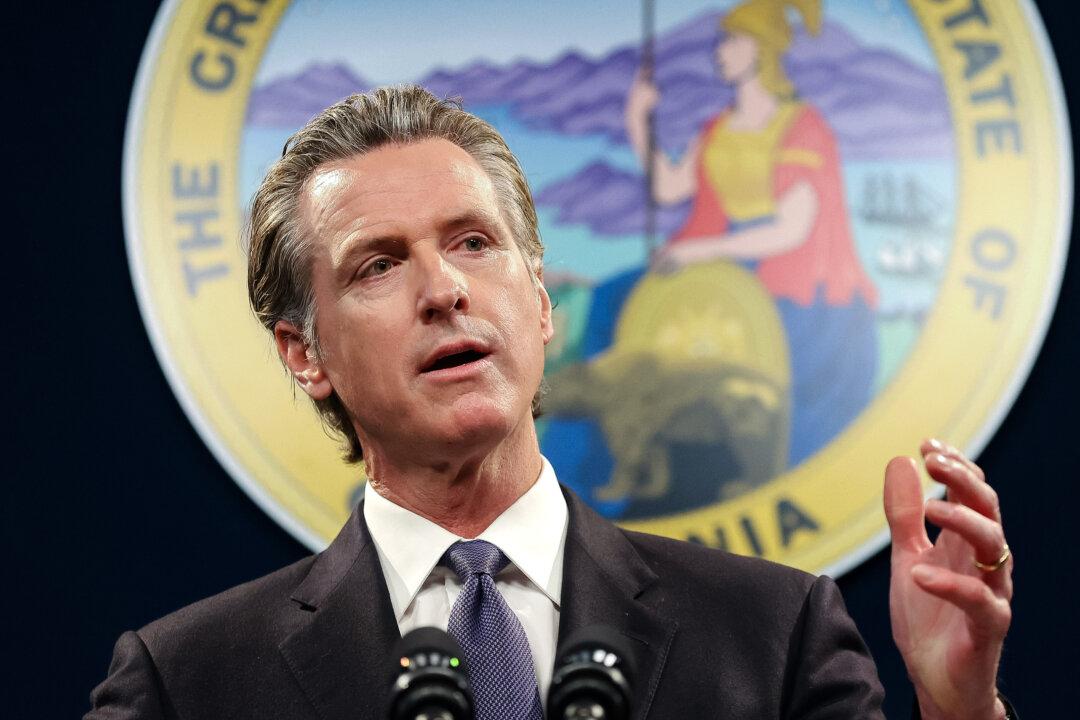With the state facing a budget deficit of $73 billion, according to the nonpartisan Legislative Analyst’s Office, California Gov. Gavin Newsom and Democratic party members released details of a plan to cut more than $17 billion in spending.
“I thank our legislative leaders for their partnership in taking this major step to address the shortfall with a balanced approach that meets the needs of Californians and maintains a strong fiscal foundation for the state’s future,” Mr. Newsom said in an April 4 press release.





